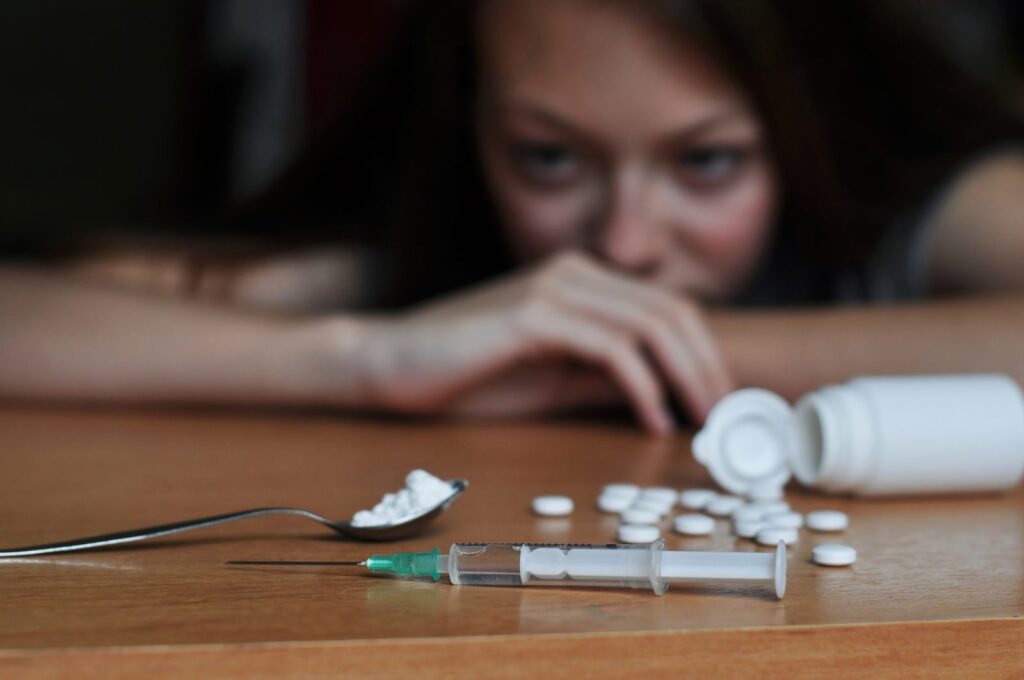Learning how to take steps toward addiction recovery and recognizing the power of making changes are key components for anyone struggling with an addiction. If you’re ready for a new start, then you’ve already taken one of the most challenging steps: acknowledging that it’s time to seek assistance. Now is the time to learn more about this process, recognize what type of help can be beneficial, and create meaningful goals that will help guide you on your path to lasting sobriety.
Explore why professional help is critical in establishing a successful addiction recovery experience—from developing coping skills to knowing where to find support systems. At Magnolia Ranch Recovery, our goal is to provide helpful advice along the way so that each person has their best chance at achieving a life free of addictions.
What Is Addiction Recovery?
Addiction recovery is the process of regaining control over addiction and making lasting changes that will reduce the likelihood of relapse. It involves setting realistic goals, such as abstaining from drugs or alcohol, attending counseling sessions, and adopting healthy behaviors. Addiction recovery is a long-term process that requires dedication, commitment, and hard work.
The first step in addiction recovery is to admit that addiction has taken over your life and acknowledge the need for help. Once this step is taken, individuals can start looking into treatment options such as therapy, support groups, and rehab facilities in order to get on the path toward addiction recovery. Even though addiction recovery may seem like an overwhelming task at times, with time and effort, it can be achieved.
Why Is Seeking Professional Help Crucial for Addiction Recovery
Once addiction has been acknowledged and accepted, it’s important to seek professional help. Professional addiction recovery services provide a safe space for individuals to explore their addiction in a non-judgmental environment. They can also offer guidance, resources, and support during the addiction recovery process.
Therapists, counselors, 12-step programs, and addiction specialists can all play an important role in addiction recovery. These professionals understand how addiction works and are able to provide specific coping tools that will be beneficial on your journey toward sobriety. Counselors can also provide much-needed emotional support as you go through this process. For those struggling with substance abuse issues such as alcohol or drug addiction, rehabilitation centers offer medical treatment and additional care that may be necessary.
The Recovery Process
The addiction recovery process itself is usually broken down into four main stages.
- The first stage involves detoxification, which is the removal of substances from the body; this can be done through a combination of medications and establishing new healthy routines.
- The second stage includes counseling sessions to address underlying issues that may have caused addiction, such as mental health problems or trauma related to past experiences.
- The third phase focuses on relapse prevention by providing education about addiction triggers, how to cope with cravings, and building life skills such as problem-solving and communication skills.
- Finally, the fourth stage is maintenance, where individuals learn healthier habits in order to maintain addiction recovery long-term. This could include ongoing therapy sessions, support groups, individualized plans, and lifestyle changes.
Making Lifelong Resolutions
Recovery is an ongoing process with no end date. It requires long-term dedication to make meaningful change that sticks. Taking small steps each day toward addiction recovery will eventually lead to success, such as setting realistic goals and keeping a support system of friends and family who understand your struggle.
Taking the Steps to Addiction Recovery
Addiction recovery is a personal journey, and there are no one-size-fits-all solutions. However, there are some helpful changes that all individuals can make to increase their chances of success.
1. Developing Coping Skills
Coping skills help an individual manage emotions, deal with stress and anxiety, and make better decisions in difficult situations. These include relaxation techniques such as deep breathing and meditation, mindfulness practices such as journaling, or even physical activities like yoga or running. Having a set of healthy habits can reduce the likelihood of relapse.
2. Finding Support Systems
Support groups are a great way to stay connected during addiction recovery. They provide emotional encouragement from peers who have gone through similar experiences, and they offer advice on how to best handle addiction triggers that may arise during recovery. Support groups also provide a sense of community where individuals can build relationships that will last beyond addiction recovery.
3. Creating Meaningful Goals
Setting and achieving meaningful goals is key to addiction recovery. These can range from physical health goals, like quitting smoking or losing weight, to emotional goals, such as developing healthier relationships or finding a job. Having tangible objectives will help to keep individuals on track with their addiction recovery journey.
4. Practicing Self-Care
Self-care is an important part of addiction recovery and should include activities that promote physical and mental wellness. Self-care can look different for everyone, but it often involves getting enough sleep, eating healthy food, exercising regularly, and engaging in leisure activities like reading or listening to music. Taking care of oneself will help individuals better manage addiction triggers and stay focused on their journey toward recovery.
5. Learning to Create a Healthy Home Environment
Finally, individuals in addiction recovery should focus on creating a home environment that is free of addiction triggers. This could include developing sober hobbies, limiting access to substances, and avoiding people or places associated with addiction. By making positive changes at home, individuals can stay committed to their addiction recovery goals.
How We Can Help You on Your Journey Toward Addiction Recovery
Magnolia Ranch Recovery is here to support you in your addiction recovery in Pulaski, TN. Our evidence-based addiction treatment program offers a comprehensive approach that includes medically supervised detox, dual diagnosis (if applicable), rehabilitation for recovery, individual and group therapy, family counseling, and aftercare services. We understand addiction recovery can be challenging at times, and our team is always available to provide guidance when needed. Start your addiction recovery today – contact us for more information about our programs.



















